A mixed farm in Scotland where Mother Nature does her own thing
A new monthly column by Jamie Blackett tells us about the vicissitudes of life on a mixed farm in Scotland.

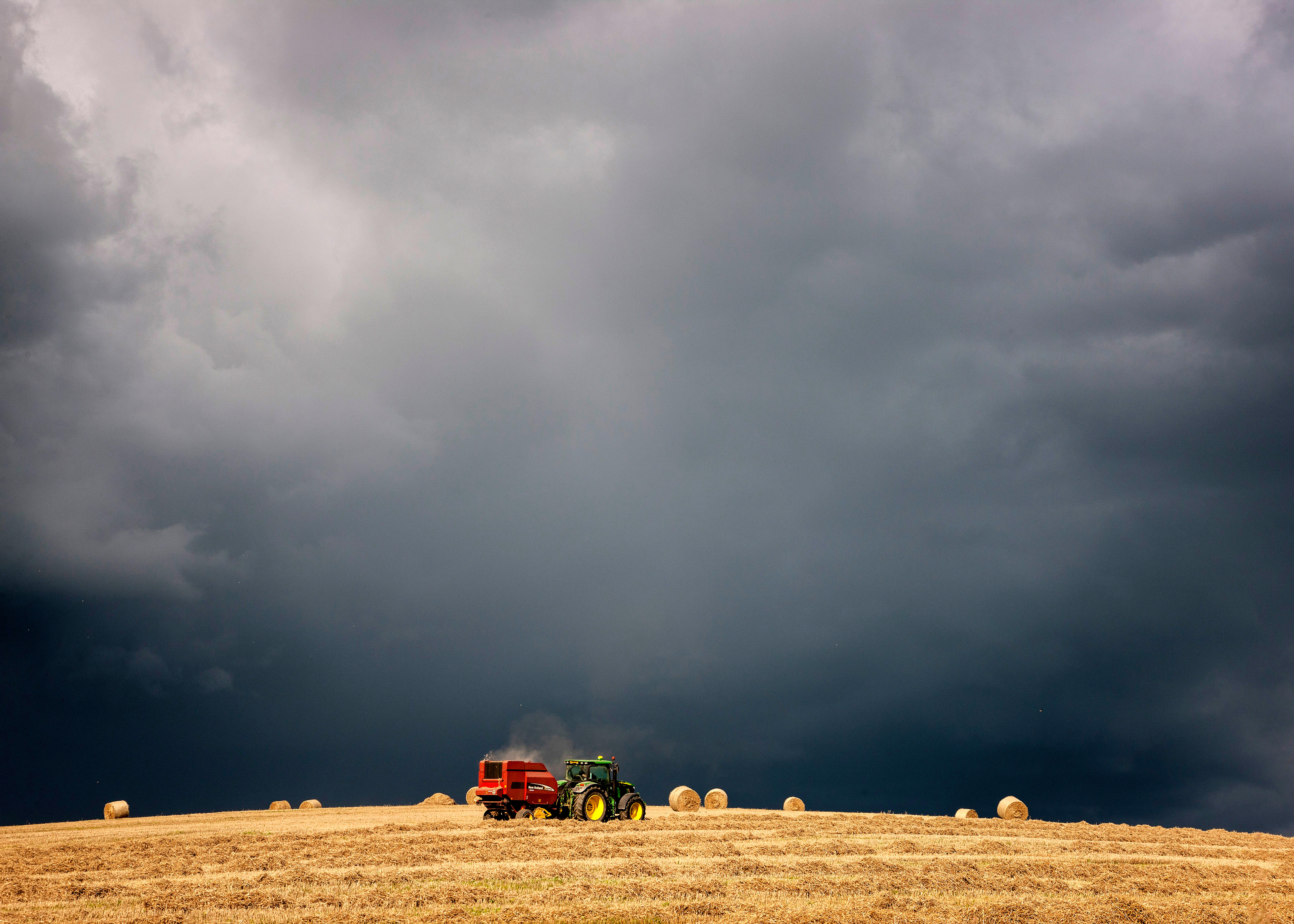
Exquisite houses, the beauty of Nature, and how to get the most from your life, straight to your inbox.
You are now subscribed
Your newsletter sign-up was successful
Whatever the weather, Mother Nature simply gets on with the job. Heart-breaking sight of the year was a hen pheasant crossing the road on September 7 with seven day-old chicks. She must have been sitting all through the wet weather to bring them into the world at a time when their chances of survival would be as statistically close to zero as possible. I like to think that she’d already reared one or even two broods successfully, but she had very likely experienced the heartbreak of losing them to the crows.
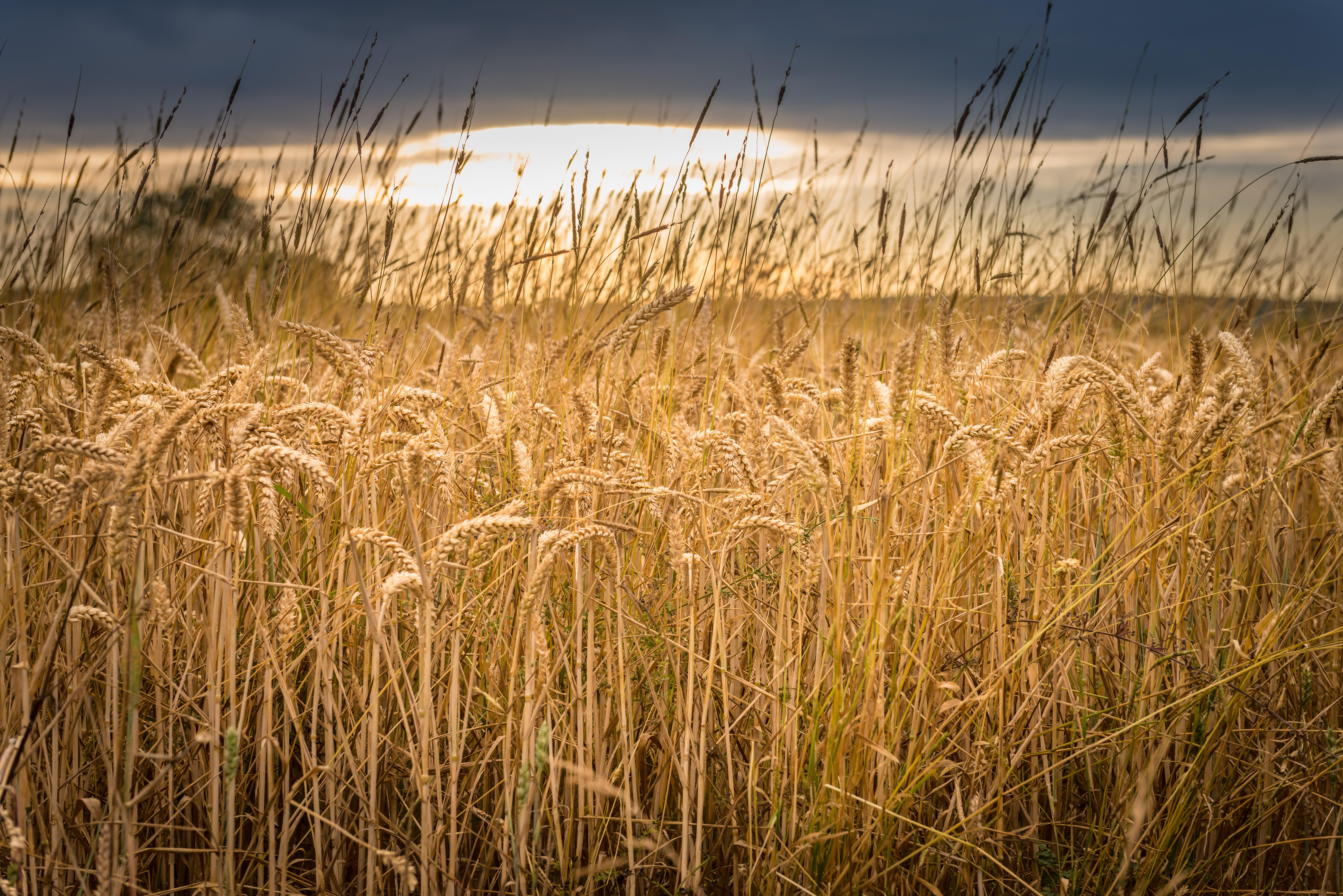
A happier sight that week was a nest of swallows on the point of fledging. There’s a chance they might make it to the eastern Transvaal for Christmas, given a fair wind, and they’re definitely a third brood.
It seems to have been a bumper year for frogs, toads and wasps. The latter have presented a particular challenge witha marked tendency to take up residence in our holiday-cottage roofs. There’s something consoling about the Old Testament plagues, which show that these freak natural population booms are nothing new.
The hedges are groaning with haws, which I have heard is a precursor of a hard winter, but is more likely a reminder of the perfect conditions for blossom in that lovely spring we had, now nearly forgotten. Other students of weather lore pointed excitedly to the geese we occasionally saw in the parish in early September, but these are resident greylags, not pink-foots, and I don’t think their summering in the UK can have any bearing on the winter.
'Harvest 2019 will remain embodied in grey hairs and wrinkles'
Undertakers perhaps remember very mild winters when abnormal quantities of old people escaped the Grim Reaper.
I have known teachers shudder when recalling a particularly recalcitrant year group. However, farmers, perhaps more than any other profession, carry memories of bad years with them for all time.
These years are defined by harvests in farming households. In a wet August, the press carries letters along the lines of ‘It’s bad, but not as bad as 19** when we got the combine bogged and couldn’t dig it out until the following May’. Readers vie to outdo each other with heart-wringing tales of woe, contributing to the general anxiety.
Exquisite houses, the beauty of Nature, and how to get the most from your life, straight to your inbox.
The harvest of 1985 nearly destroyed my father – he was still referring to it when he died more than 30 years later. I continue to have nightmares about 2012, when the wheat went black and the grain shook out in the field so that, as you walked through it, it sounded like the patter of a shower: the sound of money being lost.
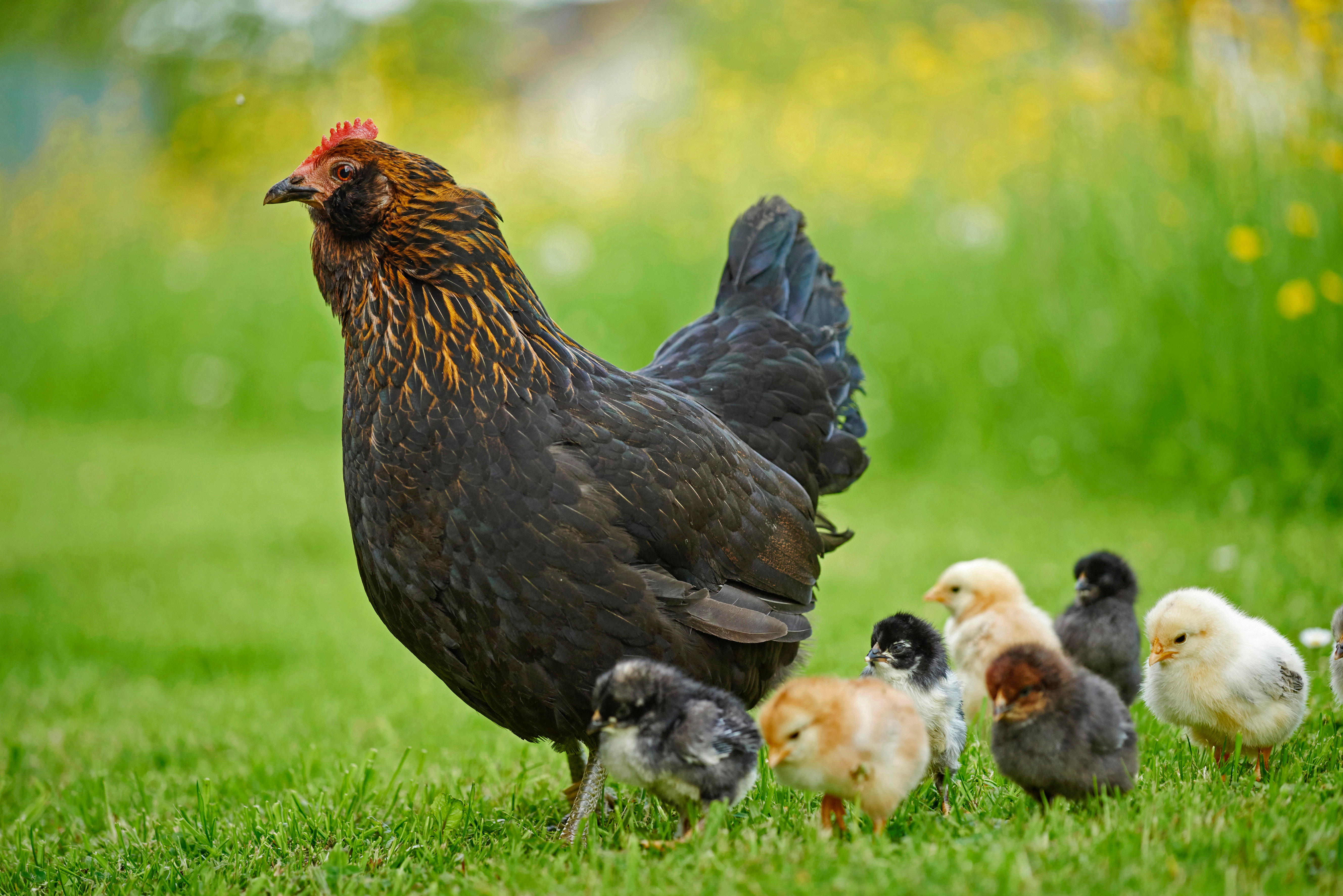
Contractors had a bad time with farmers pleading for them to come. It didn’t help that the grain never hardened; it went from soft and ‘too soon to cut’ to sprouting in the ear in a matter of hours. Rubbing it between the palms of my hands left tell-tale green strands of wheat grass that cut me to the quick.
We felt forsaken that year, the final nail in the coffin being the announcement of the Harvest Festival service. I had to point out to the minister that many of his parishioners had yet to start their harvest, let alone finish it, but it went ahead anyway, despite there being little to thank the Almighty for: another rip in the fabric joining that particular incumbent to his congregation.
When the monsoon hit this August and we could almost smell the Caribbean spices in the wind, there was a sinking feeling of here-we-go-again. It was ‘catchy’ all the way through to the day we cut the last field of spring wheat on September 14. As with other wet years, I was helpless to do anything as angry clouds poured blows on me.
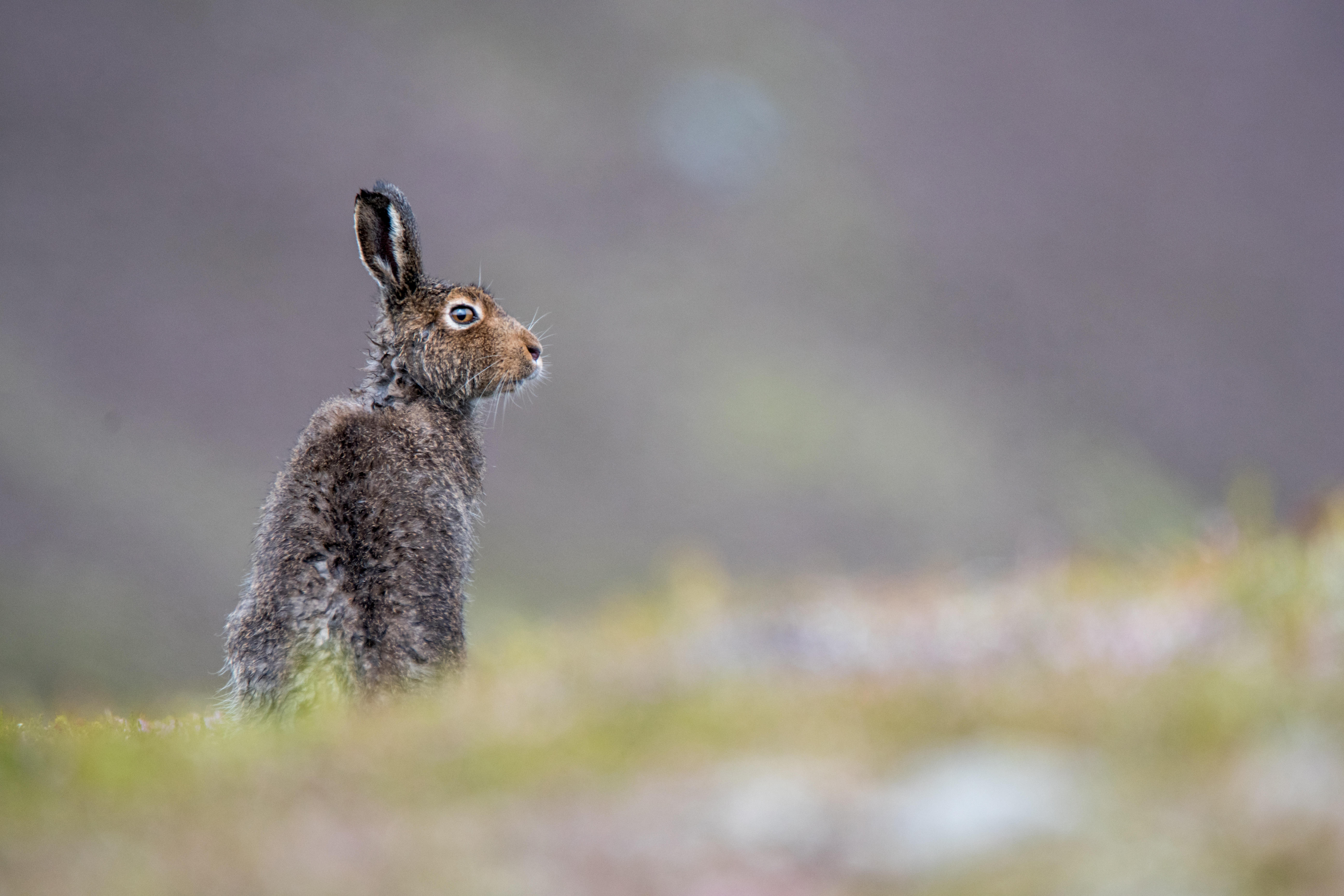
The advent of modern weather forecasting has only made things worse; at least our forebears could console themselves with misplaced optimism. They could think that it might be a fine day tomorrow, blissfully ignorant of the BBC’s online 10-day forecast showing rain every day backed up by lurid blue and green images heading across the Atlantic.
Harvest 2019 will remain embodied in grey hairs and wrinkles and in ruts in fields that may take years to shift, but it’s amazing how quickly worries about grain moisture and crop yields are replaced by the urgency of establishing next year’s crops. Speed the plough.
Jamie Blackett farms in Dumfries and Galloway. He is the author of ‘Red Rag to a Bull: Rural Life in an Urban Age’ (Quiller).
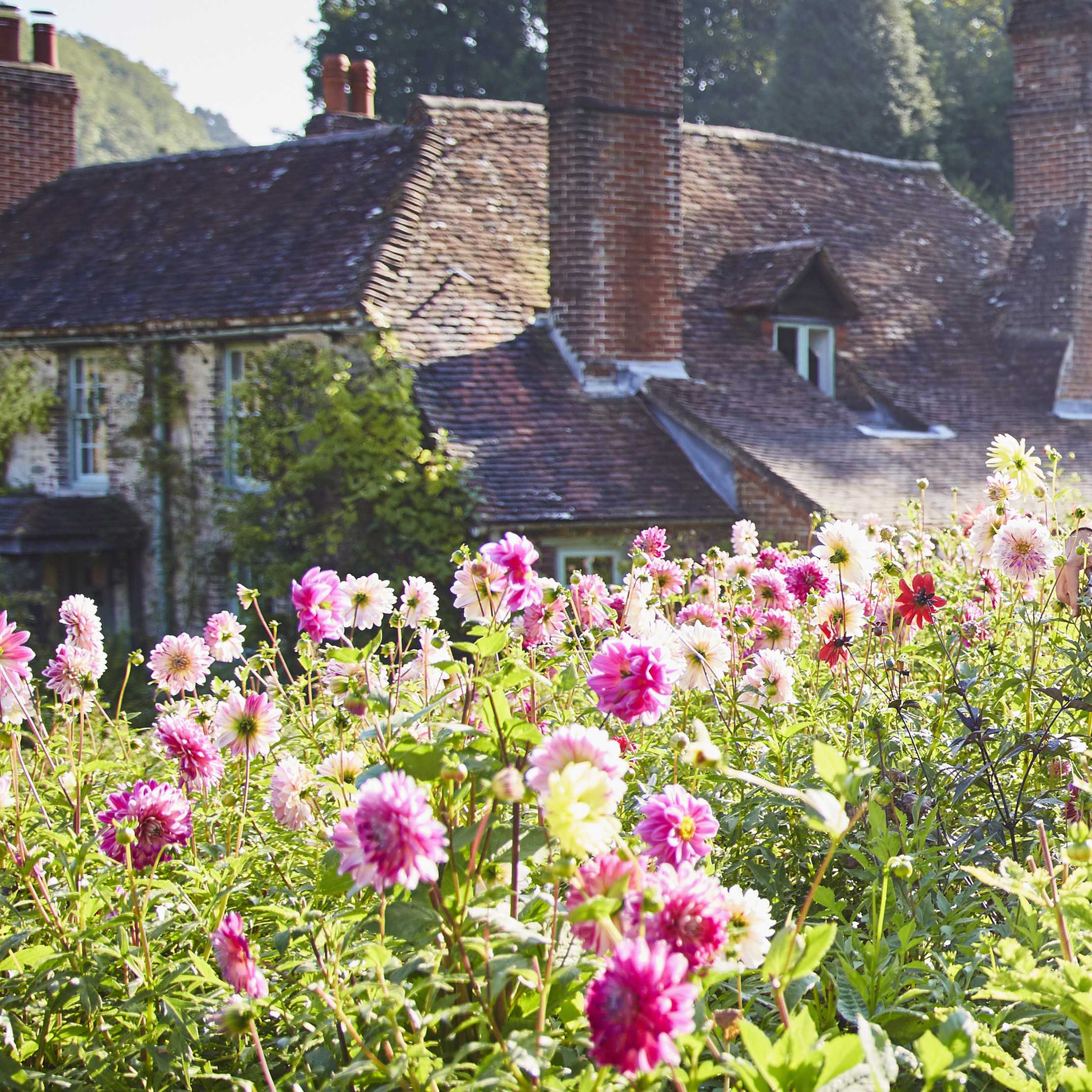
Credit: Getty Images/Caiaimage
Alan Titchmarsh: How I grow dahlias — and why they're my second-most infallible plants
Gardener, writer and broadcaster Alan Titchmarsh has always loved dahlias — even in the days before they gained their current huge
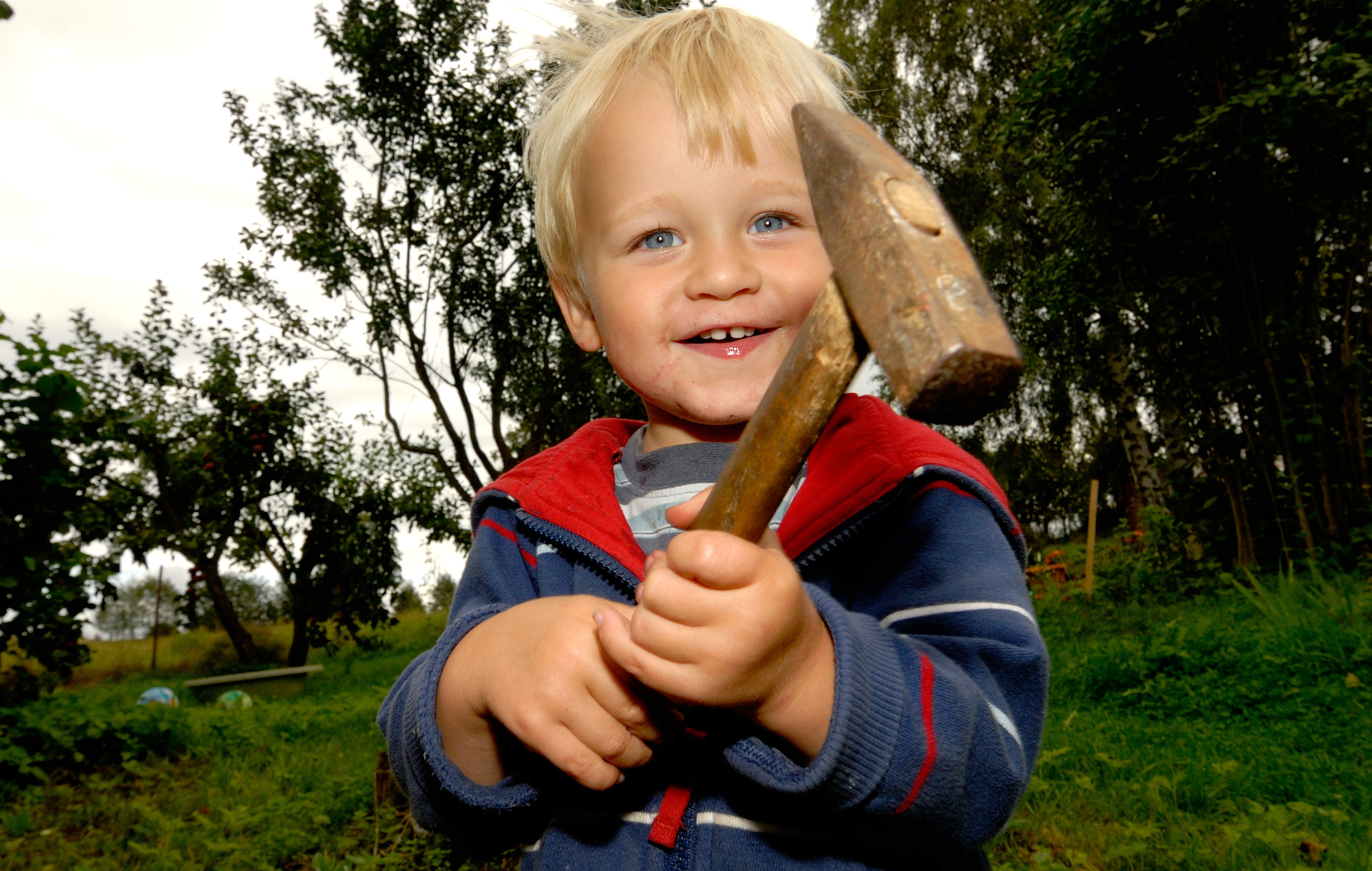
The worst garden pests of all? The ones you invite in with open arms
A couple of weeks ago, Alan Titchmarsh wrote a lovely piece for Country Life about how to get children and
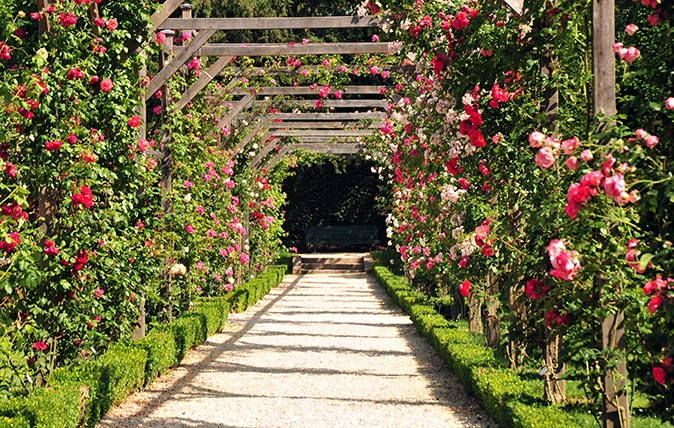
Credit: Getty
A peek behind the scenes at France's annual rose extravanganza at the Parc de Bagatelle
Charles Quest-Ritson, quite literally the man who wrote the book on roses, reveals what goes on at France's annual Concours
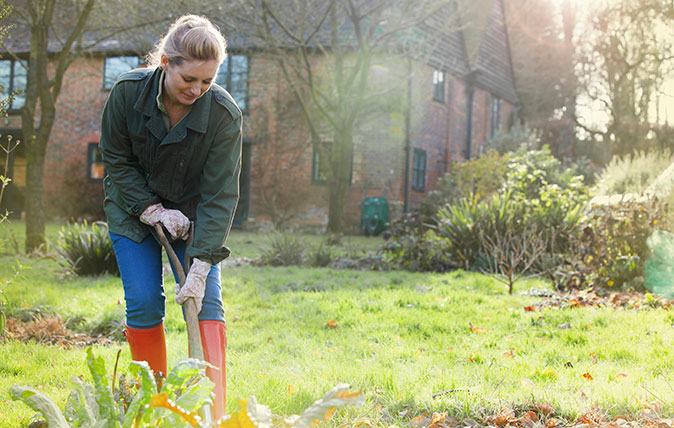
Credit: ableimages / Alamy Stock Photo
Six gardening jobs to do right now which will pay off in the summer
Steven Desmond describes six rejuvenating tasks that will make a huge difference once the weather picks up.
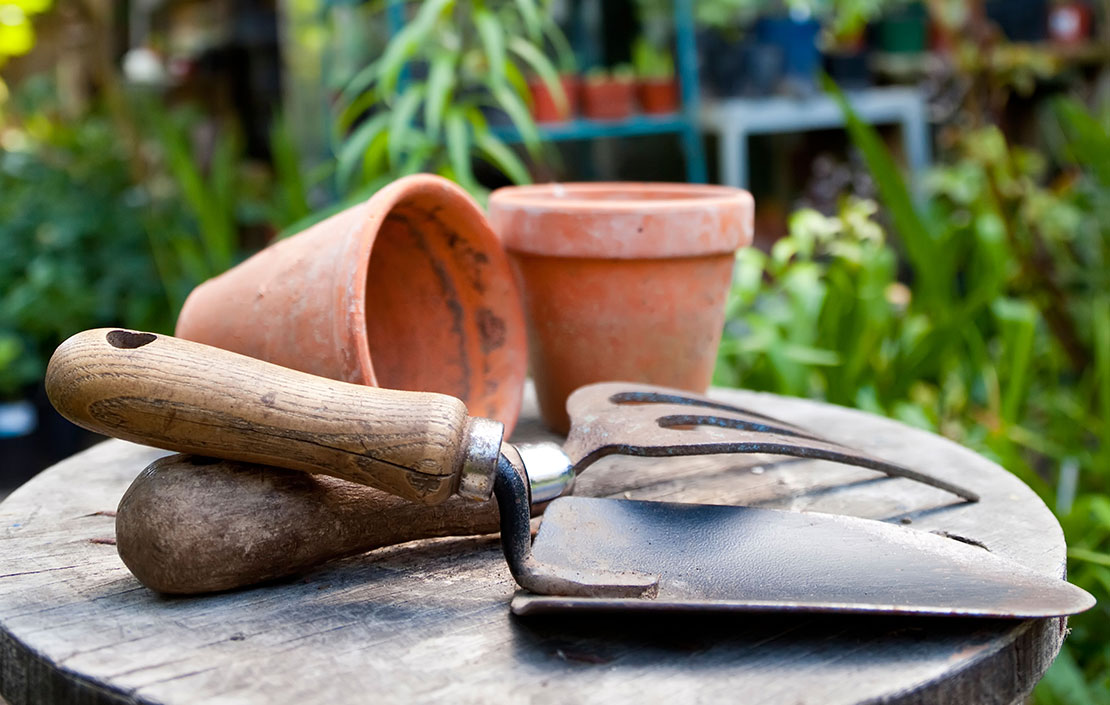
Credit: Alamy
Country Life’s best gardening tips of 2018: Wisteria, Christmas trees and getting rid of box moth caterpillars
Our panel of experts includes writer and broadcaster Alan Titchmarsh and Charles Quest-Ritson, author of the RHS Encyclopedia of Roses
Country Life is unlike any other magazine: the only glossy weekly on the newsstand and the only magazine that has been guest-edited by His Majesty The King not once, but twice. It is a celebration of modern rural life and all its diverse joys and pleasures — that was first published in Queen Victoria's Diamond Jubilee year. Our eclectic mixture of witty and informative content — from the most up-to-date property news and commentary and a coveted glimpse inside some of the UK's best houses and gardens, to gardening, the arts and interior design, written by experts in their field — still cannot be found in print or online, anywhere else.
